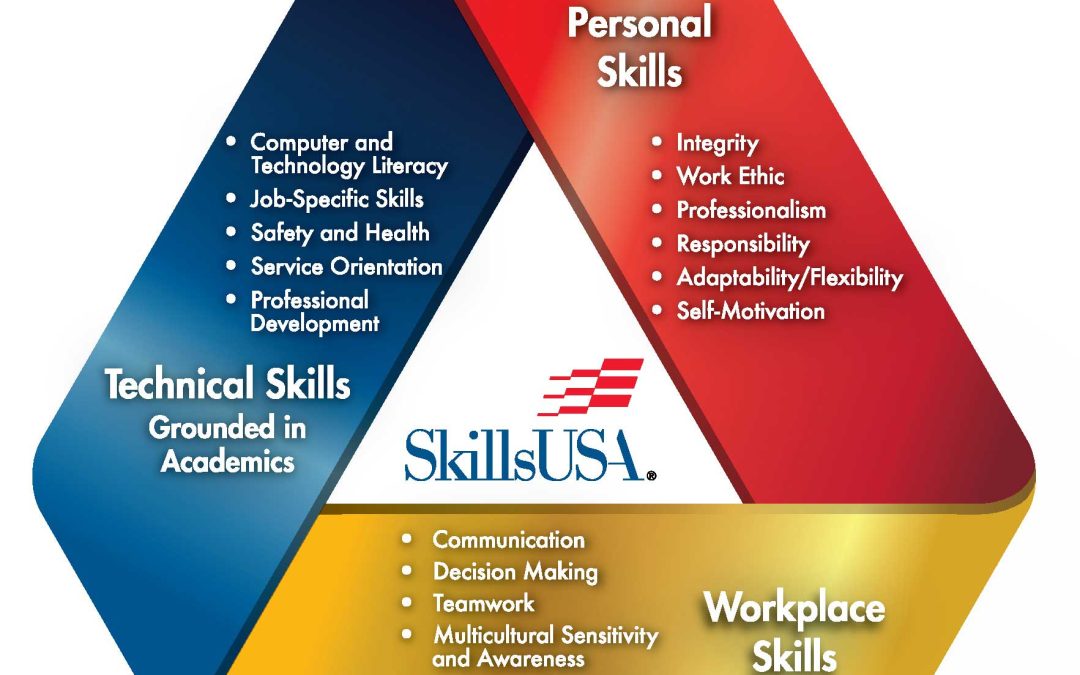Want to create data science resumes that land interview calls and jobs? Avoid these common mistakes.
Long-Term Implications and Possible Future Developments in Crafting Data Science Resumes
Creating a data science resume that captures the attention of recruiting personnel and lands interview calls is vital in today’s competitive job market. However, many candidates often make common mistakes that jeopardize their chances of being seriously considered for a role. This article addresses these mistakes, discussing their long-term implications and giving actionable advice for more impactful data science resumes.
Mistakes to Avoid When Crafting a Data Science Resume
There are several frequent mistakes that candidates make when creating their data science resumes. These errors range from including too much irrelevant information to under-emphasizing their analytical skills, leaving out crucial projects, or failing to highlight their understanding of data science tools and techniques.
Long-term implications
Such mistakes may not seem significant in isolation but their long-term implications could be detrimental to one’s career progression in data science. Resumes that are cluttered with irrelevant information may leave recruiters with the impression that a candidate lacks focus and an understanding of critical job requirements. Conversely, failure to display analytical skills or knowledge of key data science tools may lead to missed job opportunities or a tardy career progression.
Possible future developments
In the future, data science resumes might have to adapt further to stand out in increasingly competitive job markets. As artificial intelligence (AI) and machine learning technologies continue to progress, it is expected that resumes will become even more focused on showcasing candidates’ understanding and experience in these areas.
Actionable Advice for Data Science Resumes
- Be concise and focused: Avoid including unnecessary or irrelevant information on your resume. Focus on providing information that highlights your qualifications and skills for the job you are applying for.
- Highlight key skills: Emphasize your analytical skills, knowledge of data science tools and techniques, and any other skills relevant to the job.
- Feature meaningful projects: If you’ve worked on pertinent projects, include them on your resume. They provide tangible proof of your skills and experience.
- Stay updated on developments: Keep abreast of advancements in AI and machine learning, and update your resume accordingly to reflect your capability in these areas.
Remember, a well-crafted data science resume is your ticket to landing that interview call and eventually securing the job you desire. Paying attention to these common mistakes and following the provided actionable advice can significantly increase your chances of landing that dream job in the field of data science.
